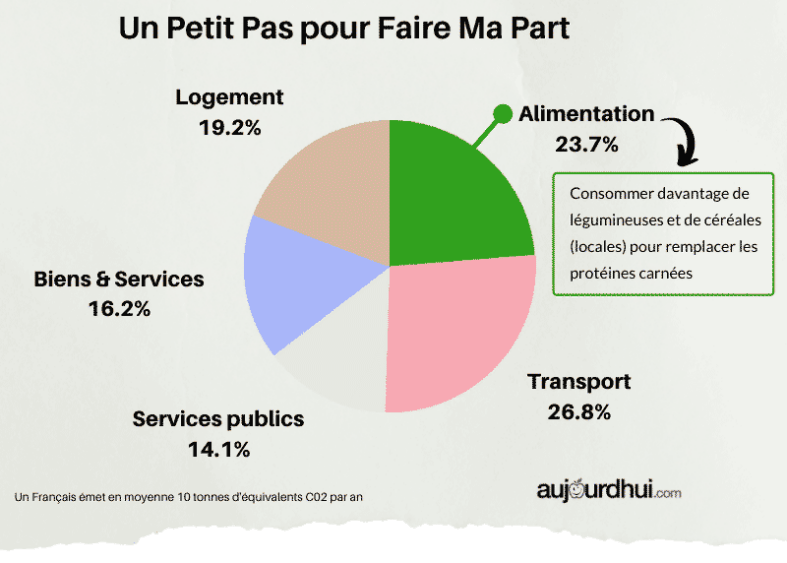World Health Organization spokeswoman Margaret Harris confirmed on Tuesday July 28 that the coronavirus “loves all seasons”.

- Among the most affected countries are the United States, which is in the middle of summer, and Brazil, which is going through winter.
- The arrival of the flu, which is seasonal and rages during periods when it is colder, is a worrying subject and could worsen the health situation if the coronavirus continues to circulate.
The seasons have no influence on the coronavirus. World Health Organization (WHO) spokeswoman Margaret Harris confirmed this on Tuesday. “The season does not seem to have an impact on the transmission of the virus”, she pleaded during a briefing by videoconference. The WHO thus warns against a relaxation of barrier measures this summer which could be induced by the belief that the epidemic would be less contagious during this period of high heat. Worldwide, the virus has claimed more than 650,000 lives and 16 million people have tested positive for Covid-19.
In winter, the flu could worsen the health situation
The breakthrough of the virus in different countries going through different seasons confirms the spokesperson’s words. Among the most affected countries are the United States, which is in the middle of summer, and Brazil, which is going through winter. “There seems to be a lingering idea that the virus is seasonal but we all need to remember that this is a new virus, and even if it is a respiratory virus, which are historically seasonal, it behaves differentlyshe insisted. Summer is a problem. This virus loves all seasons.”
Winter, however, could be more deadly. Margaret Harris acknowledged that the arrival of the flu, which is seasonal and rages during periods when it is colder, is a worrying subject and could worsen the health situation if the coronavirus continues to circulate. “We encourage everyone to get the flu shot”, she advised. In addition, French researchers pre-published the results of a study on June 30 which suggest that seasonal coronaviruses, colds or bronchitis, do not protect children from Covid-19.
An epidemic rebound in Europe
In Europe, the signs of epidemic recovery are multiplying. In Belgium, the sharp increase in positive cases of Covid-19, where the average number of daily cases has increased by 71% according to the epidemiological bulletin published on Monday July 27, has forced the authorities to toughen the measures. Wearing a mask has been made compulsory in busy places and the number of people allowed to gather without paying attention to social distancing now increases to 5. In Germany, the number of new cases doubled this Tuesday compared to the day before, confirming a trend of epidemic rebound. Finally, in Spain the epidemic rebound led Germany to join France and Great Britain in advising its population not to go to Aragon, Navarre and Catalonia.

.















